The United States and India: Forging an Indispensable Democratic Partnership
The United States and India must forge an indispensable democratic partnership that can serve as a pillar of peace, prosperity, and democracy around the world.
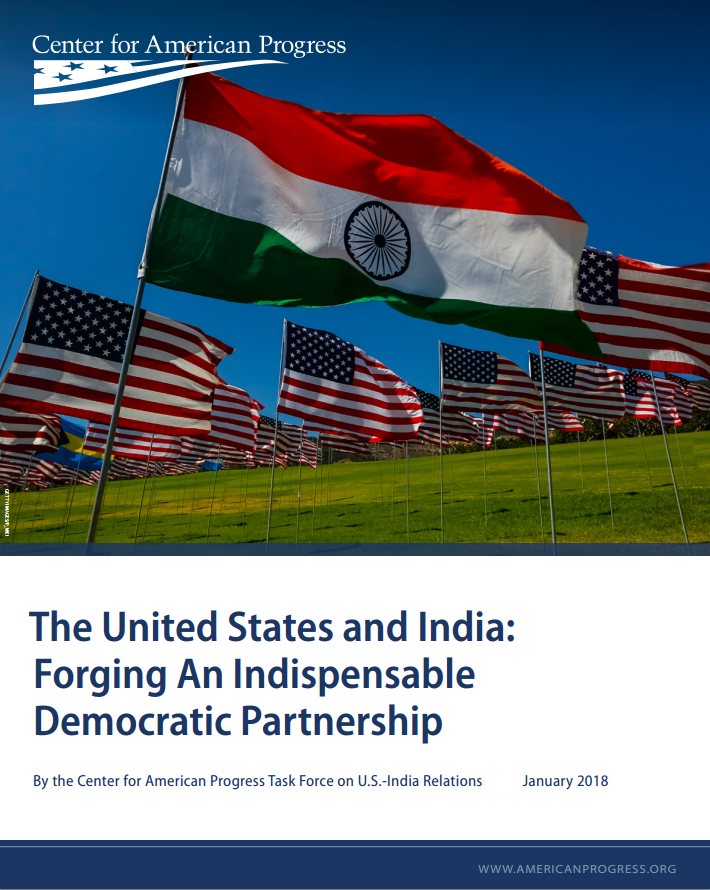 Courtesy: Center for American Progress
Courtesy: Center for American Progress
The United States and India must forge an indispensable democratic partnership that can serve as a pillar of peace, prosperity, and democracy around the world.
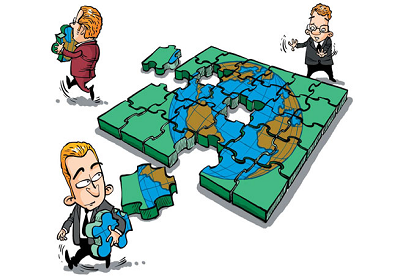 Courtesy: Systemic Alternatives
Courtesy: Systemic Alternatives
The contours of globalisation are being reshaped. The Brexit vote and the election of Donald Trump mark a strong anti-globalisation sentiment even as leaders in China, India and Russia successfully marry nationalist rhetoric with a cleverly crafted overseas strategy, premised on the very tenets of globalisation. There seems to be a ‘pause’ in the unbalanced progress of globalisation of the last three decades—and this could have many positive outcomes
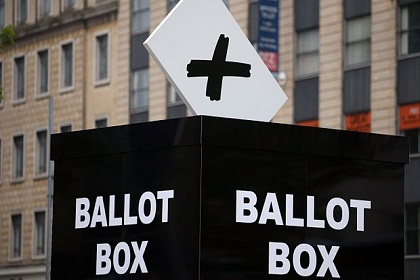 Courtesy: Getty images
Courtesy: Getty images
In the exceptionally divisive general election on May 7 in the UK, no party is expected to win a majority. Smaller parties like the SNP are fragmenting votes and another coalition may emerge, or the Conservatives-Liberal Democrats or Labour may seek outside support. With the Scotland issue adding to the divisiveness, the post-poll scenario is precarious
 Courtesy: Hillary Clinton/Flickr
Courtesy: Hillary Clinton/Flickr
Hillary Clinton finally announced her second bid to be the democratic candidate for the November 2016 presidential election on April 12. Despite her landmark achievements, there are a number of controversial issues from her time as senator, the first lady and as Secretary of State, that will be raised in the coming months
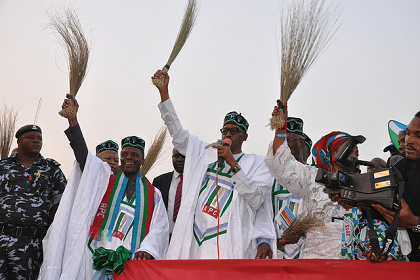 Courtesy: Heinrich-Böll-Stiftung/Flickr
Courtesy: Heinrich-Böll-Stiftung/Flickr
On 29 May, Buhari was sworn in as the next president of Nigeria, ending the presidency of Goodluck Jonathan. The mandate for Buhari indicates that Nigerians want a firmer hand in dealing with corruption, regionalism, and insurgency. It is now Buhari’s task to fulfil these hopes
 Courtesy: Chuck Hagel/Wikimedia Commons
Courtesy: Chuck Hagel/Wikimedia Commons
Currently, it appears that the Wahabbis have the upper hand over the "Sabahis" in the middle east. But the war for the hearts and minds of a people as gifted as the Arabs, is far from over.
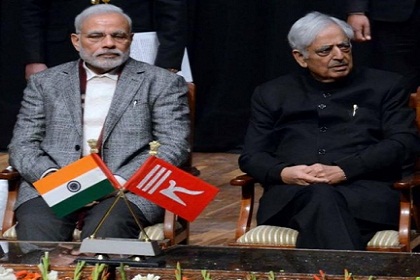 Courtesy: South Asia Media
Courtesy: South Asia Media
Representative democracy has resulted in coalition governments, comprising parties with opposing agendas, gradually being formed across the world. The Afghan unity government and the BJP-PDP coalition in Jammu and Kashmir are two such coalitions that share numerous similarities, not least of which is the role of Pakistan.
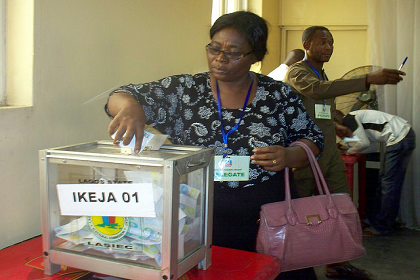 Courtesy: Flickr/Heinrich-Böll-Stiftung
Courtesy: Flickr/Heinrich-Böll-Stiftung
The upcoming Nigerian elections is set to be a defining one for the country. Rampant corruption and the terrorist threat from Boko Haram have dampened the economic and social climate. The world is watching keenly as for the first time in a decade it is unclear which party will emerge victorious
 Courtesy:
Courtesy:
The nature of the sweeping victory of AAP and Kejriwal may be unprecedented in India but not in Latin America. In Brazil, Mexico and Colombia, there are lessons for AAP and Arvind Kejriwal as they assume power in New Delhi – and also for the Congress Party as well as the BJP
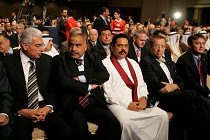 Courtesy: Wikipedia.org
Courtesy: Wikipedia.org
Incumbent Sri Lankan president Mahinda Rajapaksa lost to his opponent Maithripala Sirisena in the recent elections. The reasons have been attributed to nepotism and dwindling support from the Sinhala community. With considerable challenges awaiting the new government, it would be wise to not rule out a return of Mahinda